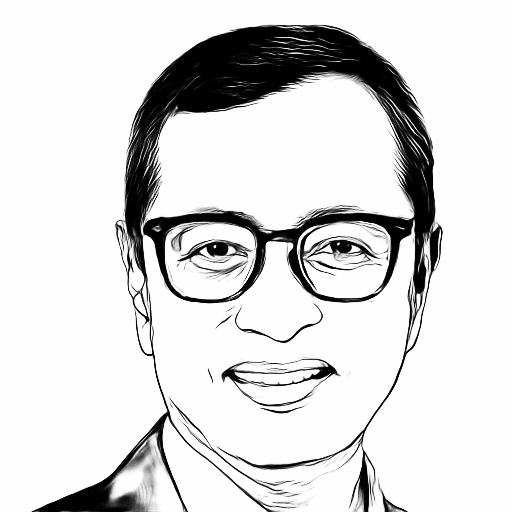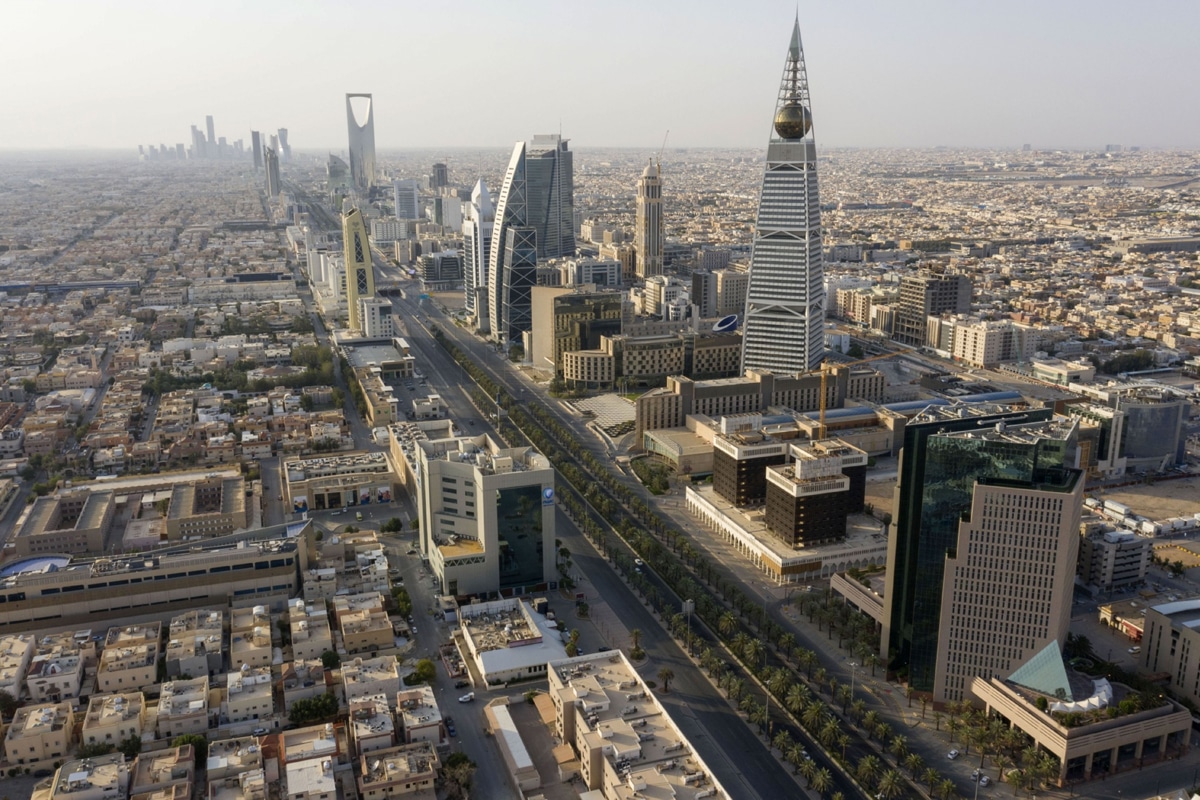It is both a sign of the times and a glimpse into the future when a 166-year-old Western financial institution turns to Saudi Arabia for bail-out funding.
Saudi National Bank’s $1.5 billion investment to acquire a 9.9 percent stake in the global investment bank and financial services company Credit Suisse Group was no ordinary financial rescue.
It was a powerful statement on Saudi Arabia’s strategic ambitions and the enviable position of the Arabian Gulf as one of the few bright spots in a decidedly wintry global economy, worsened by the prolonged conflict in Ukraine.
And this was despite Ammar A. Alkhudairy, Saudi National Bank’s Chairman, describing the investment – a fraction over 2 percent of its total investment portfolio of $68.7 billion – as “barely worth a press release”.
GCC economies a rare bright spot
Saudi Arabia’s shrewd decision to strengthen its investment banking operations promises further financial firepower to deliver on its domestic economic transformation plans. One must add to this, of course, a share of the $1.4 trillion in extra oil & gas revenues that the IMF estimates will flow into the GCC countries over the next five years. These will further swell the coffers of the region’s sovereign wealth funds, which already account for 40 percent of the $5.5 trillion in assets held by SWFs globally.
While global financial markets witnessed an extended period of volatility, or ‘perma-crisis’ (the word of the year according to the Collins English Dictionary) during 2022, GCC fund managers have been in over-drive.
Stock exchanges in the UAE and Saudi Arabia recorded over $22.6 billion in new listings, equal to more than half the value of all the listings across the bourses of Europe, the Middle East and Africa combined.
In the first 10 months of 2022, Gulf sovereign investors more than doubled their investments in the US and Europe, from $20.9 billion to $48 billion. Six of the world’s top 10 active sovereign investors during this period came from the Arabian Gulf, each participating in deals exceeding $1 billion.
So, it is easy to see why the GCC countries will strengthen their economic powerhouse status over the next decade. This augurs well for their domestic populations, particularly the youth, and for trade and investment with neighbouring countries.
Arab countries taking centre stage
One outcome of all this financial muscle has been the ability to host world-class events. The region has staged two in as many years. The pandemic-delayed Expo 2020 in Dubai, which received no fewer than 25 million visitations despite the unprecedented restrictions on social interaction and travel, and the FIFA World Cup in 2022 in Qatar, universally lauded as one of the best tournaments in the event’s storied history.
While not without controversy, the year’s World Cup saw Qatar confidently step forward onto the world’s biggest stage of all, successfully organizing an event that few thought possible 12 years ago when they won the bid. The presentation of a bisht, the traditional men’s cloak popular throughout the Arab world, to Argentina’s World Cup-winning captain Lionel Messi left an indelible mark on World Cup history. No small matter that Qatar spent a whopping $300 billion in creating world-class infrastructure to stage the event.

A new chapter has been added to the story of the region. While stereotypical opinions in some quarters have not necessarily been overcome, they most certainly have been challenged. A dialogue is now underway.
We saw further evidence of a new narrative emerging at the UN Climate Summit in Sharm El-Sheikh. Yes, GCC economies still rely on oil & gas, however these countries also have a role to play in bringing about a cleaner energy future. And they are willing to invest billions.
As Vijay Vaitheeswaran, the global energy and climate innovation editor of The Economist, recently observed: “We will see a much stronger focus on how the energy industry itself can play a role as a decarboniser. It’s about a grown-up way of understanding the problem that oil and gas is here to stay.”
In 2023, negotiations on stemming climate change will resume in earnest at COP28, the Emirates Climate Conference. Just as Qatar confidently faced up to its critics to stage a brilliant World Cup, so the UAE will defy the doubters to host the next edition of the world’s most important climate gathering committed to positive, inclusive dialogue.
The positive knock-on effects should also not be underestimated, with Saudi Arabia now considering bids for both the FIFA World Cup and the World Expo. This promises further liberalization, and economic diversification, of what was once one of the world’s most conservative countries.

PR will lead from the front
Inspired by its leaders’ bold ambitions and the aspirations of its 200 million plus youth, the MENA region will witness yet more inward investment and further financial forays overseas in 2023. I believe this requires expert communications advice that only consultancies born in the region can provide – a view further reinforced when ASDA’A BCW collected the award for Best Agency – UAE at the 2022 Campaign Agency of the Year Middle East awards.
An innate understanding of the culture, sustained investment in attitudinal research (a case in being point being our annual ASDA’A BCW Arab Youth Survey, now entering in its 15th year in 2023), and the commitment to embrace creative, integrated, and digital-first thinking will continue to secure the industry a seat at the decision maker’s table.










